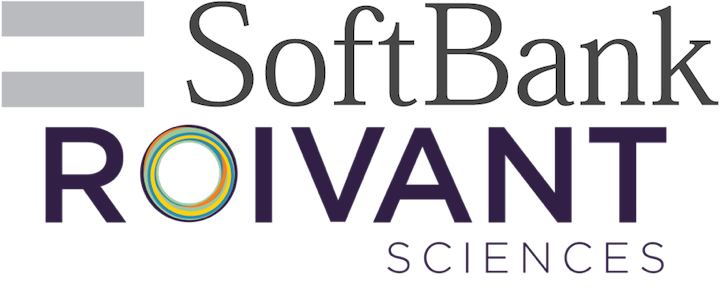Roivant Raises a Billion, Announces Datavant AI Subsidiary
The SoftBank Vision Fund bestowed more than ten figures on the rising biotech company, which also announced yet another subsidiary.

Switzerland-based biotech company Roivant Sciences today announced a $1.1 billion equity investment from the SoftBank Vision Fund, and simultaneously signaled the launch of an artificial intelligence and analytics subsidiary to integrate with its biotech development efforts.
The company, only three years old, works by licensing and further developing orphan drugs from larger pharmaceutical companies, packaging them into various subsidiaries based on specialty. It has Axovant, for neurologic therapies; Dermavant, for dermatology; Enzyvant, for rare diseases; Myovant, for women’s health; and Urovant, for neurology.
The company’s newest subsidiary will be Datavant, which according to a press release, will aim “to dissolve barriers between siloed healthcare datasets in order to unlock novel insights and reduce the time and cost of delivering innovative medicines to patients.”
Datavant already has a (relatively sparse) website, which lists several openings for data scientists and full stack software engineers. It also briefly outlines the subsidiary’s goals, placing an emphasis on artificial intelligence and “accelerating the discovery, development, and commercialization of new medicines through machine learning.”'
The SoftBank Vision Fund investment is in Roivant Sciences itself, not its subsidiaries. The Vision Fund, a venture capital arm of the Japanese telecom colossus for which it is named, has been making waves lately with large investments across industries, including hundreds of millions for self-driving cars and AI firms. Just yesterday, it was reported that the fund was closing another billion-dollar investment in sports-apparel retailer Fanatics.
Roivant’s broader pipeline contains a handful of drugs in phase 3 trials, including intepirdine for Alzheimer’s disease (Axovant; secured from GlaxoSmithKline), relugolix for prostate cancer and other indications (Myovant; a partnership with Takeda), and vibegron for overactive bladder (Urovant; taken over from Merck). As of yet, none of the subsidiaries have any approved treatments on the market, though in June the FDA fast-tracked Axovant’s nelotanserin, and in April a Breakthrough Therapy designation was granted to one of Enzyvant’s investigational drugs.
The company’s founder, 31-year-old Vivek Ramaswamy, has drawn both praise and criticism for his bombastic entry into the biotech sphere. He was placed on Fortune’s list of “34 Leaders Who Are Changing Health Care” this year, but has generated ire from critics of his potentially “unsustainable” business models.
Several of the “Vants” received soaring IPOs not long after their launch: Myovant’s was the largest biotech IPO in 2016. In 2015, after Axovant raised $315 million in its public offering, FierceBiotech commented that “Axovant, with no track record, no experience and one questionable product, leaped onto the market worth much more than $1 billion.”
It remains to be seen if Datavant will be given similar treatment. Unlike the other “Vants”, it seems to be starting from scratch, rather than with a purchased or licensed product already in development, which may hold it from the torrid market entry Ramaswamy and Roivant have come to be known for.